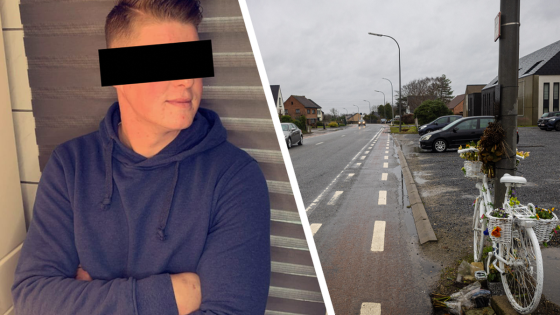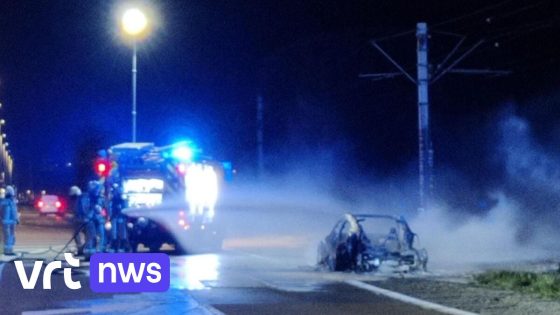The trial of Pieter S., the Diepenbeek drunk driver responsible for the fatal accident involving cyclist Els Smeyers, has gripped the local community. The incident, which occurred on 20 November 2024, saw Els tragically lose her life after being struck on a bike path. Pieter S., already with a record of traffic offenses, faces serious charges as the court session on 25 June 2025 at 04:30:00 approaches its verdict.
- Pieter S. risks eight years for drunk driving
- Victim Els Smeyers fatally hit on bike
- Pieter S. fled scene after accident
- Ex-wife reported theft of car keys
- Prosecutor demands combined eight-year sentence
- Family suffers deeply from tragic loss
This case highlights the grave consequences of driving under the influence and reckless behaviour on Belgian roads. Pieter S. admitted to being intoxicated and taking responsibility, yet his actions led to irreparable loss and suffering for Els’s family. The court must now decide on a fitting sentence for the accused, who could face up to eight years in prison.
How should Belgian authorities balance punishment and prevention in cases like this? And what lessons can local drivers learn from this tragedy? These questions remain central as the trial reaches its crucial phase.
The case raises important reflections on road safety enforcement and personal accountability. Should repeat offenders receive harsher penalties to deter dangerous driving? How can communities better support victims’ families? Key points include:
- Repeat traffic offenders like Pieter S. pose ongoing risks to public safety.
- Alcohol interlocks and legal measures are vital but require strict compliance.
- Victims’ families endure profound trauma, highlighting the human cost behind statistics.
- Legal outcomes set precedents influencing driver behaviour across Belgium.
As the court delivers its verdict, the Belgian public is urged to reflect on responsible driving and support measures that prevent such tragedies. Will this case prompt stronger actions to protect all road users? Only time will tell, but awareness and vigilance remain crucial.






























